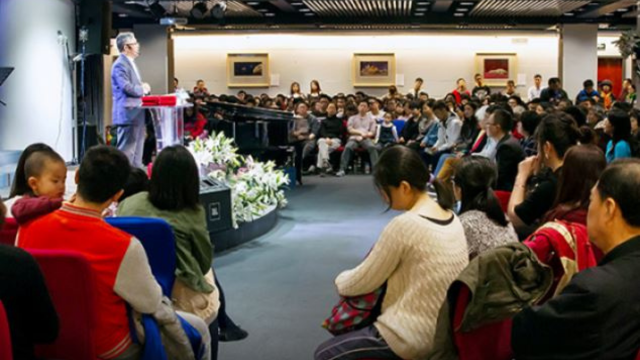On Sept. 15, China added new regulations to control the spread of religious content online.

The State Administration for Religious Affairs published the “Code of Conduct for Religious Clergy on the Internet,” an 18-article list of regulations that prohibits the online publication of religious content not approved by the government.
The regulations forbid religious teaching, livestreams, online courses, and commercial marketing on social media accounts, WeChat groups, and other digital platforms. The code also prevents the use of AI for religious promotion — a previous loophole for evangelists with an online influence.
The regulations were first introduced by President Xi Jinping in 2016 and have since intensified. The CCP conforms all philosophies, religions, and cultures under one state-approved identity. With the government’s Sinicization, many in the country lost their desire for religion. In 2023, Pew Research reported that only 3% of Chinese say religion is “very important” to them.
“This is not a response to isolated religious phenomena but rather a systemic effort to incorporate religious activity into the broader online information management system,” an anonymous Chinese religious policy researcher told ChinaAid. “In the government’s view, religion may not only become an ideological ‘gray zone’ but also use online tools to expand its influence, which is precisely what they are trying to prevent and control.”
According to Article 3 of the code, religious leaders should “adhere to Sinicization of our country’s religions, actively guide religions to adapt to socialist society, and promote religious, social, and ethnic harmony when using the Internet.”
Violators can lose their clergy credentials, be censored, and possibly undergo criminal investigation.
A senior Chinese cleric told The Pillar that these regulations also apply to those outside of the country.
“If any cleric was caught having anything to do with a missionary, that’s ‘infiltration,’” the cleric said. “As always with these regulations, the aim is to criminalize anything from outside China.”
Christians are now learning how to navigate this increased censorship. Kurt Rovenstine with Bibles for China encouraged Christians to take heart following this decision.
“[Pray] that God would give [Chinese Christian leaders] creativity and courage to know [what] he’s leading them to do,” Rovenstine said, “to continue to be the spiritual leaders within China and be obedient to the Word of God and not the mandates of man.”
Story by Bella Agnello
Source: ICC












